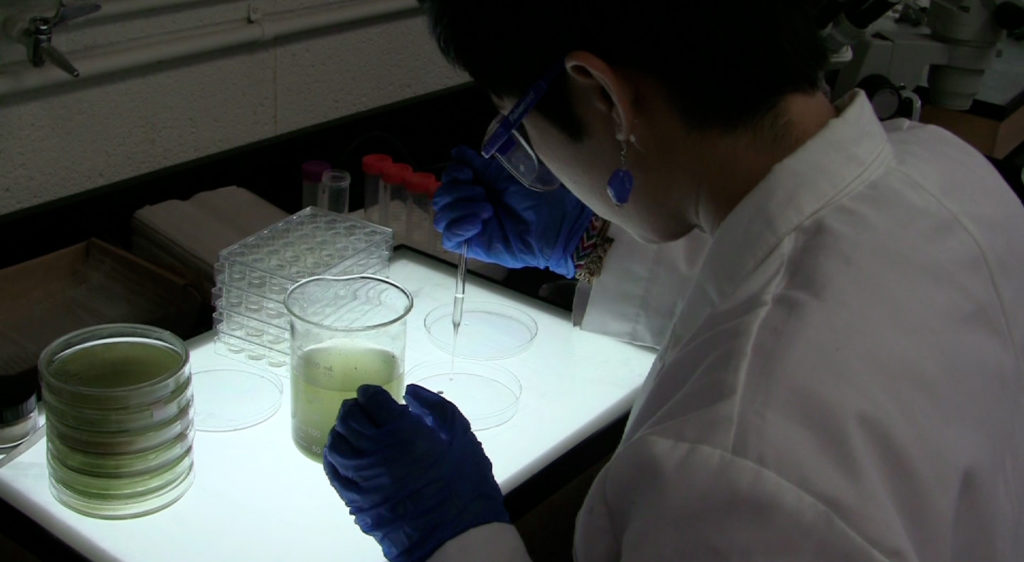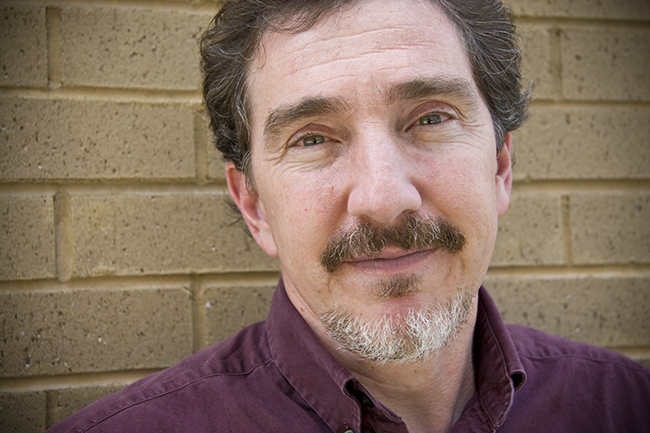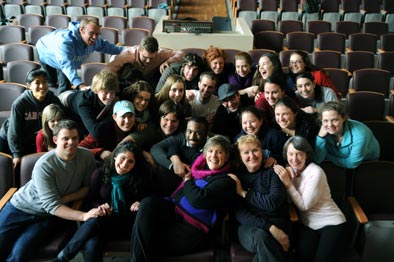
Led by scientists at UNC-Chapel Hill and the Medical College of Wisconsin, the research will involve international collaborations and diverse participants — high school, college and professional athletes — across a variety of sports
The NFL will fund a $2.6 million international study on the role of active rehabilitation strategies in concussion management, led by the University of North Carolina at Chapel Hill and the Medical College of Wisconsin.
The project was identified as a priority at the NFL’s International Professional Sports Concussion Research Think Tank, where medical representatives of many of the world’s leading sports leagues convened to share best medical practices and protocols and collaborate on ways to advance science through research.
The study, one of the first of its kind, will examine the efficacy of two clinically supervised management strategies, including both the international concussion return-to-play protocol and early therapeutic interventions on concussions.

Professional athletes from the Canadian Football League and New Zealand Rugby, as well as amateur athletes from American and Canadian colleges and universities and Wisconsin high schools, will be included in the study. The research will cover a variety of sports, including football, rugby, soccer, lacrosse, basketball and ice hockey. The three-year study will enroll more than 200 concussed athletes, both male and female.
“Player health and safety is a high priority for the CFL,” said Kevin McDonald, the league’s vice-president, Football Operations and Player Safety. “This research on concussion management is innovative and important, and our participation is consistent with our commitment to advance player health and safety initiatives.”
New Zealand Rugby’s Medical Director Dr. Ian Murphy is also very supportive of the research.
“Concussion is a significant issue in our game, and we believe that through multi-sport collaboration on research projects like this, we can take steps to ensure that our respective games are as safe as possible for all those who play them,” Murphy said.
“Currently there’s little information available about the most effective strategies to manage and treat concussion,” said Johna Register-Mihalik, the co-principal investigator at UNC, assistant professor of exercise and sport science in the College of Arts & Sciences and faculty member of the Matthew Gfeller Sport-Related Traumatic Brain Injury Research Center and the Injury Prevention Research Center. “We want to see how early, clinically guided activity could benefit recovery from concussion.”
“A major goal of the study is not only to find out what works best in terms of rehabilatitive strategies for concussion, but to also determine the real-world application of these approaches and return-to-play strategies,” added Michael McCrea, the co-PI at the Medical College of Wisconsin. McCrea is director of the Brain Injury Research Program and a professor of neurosurgery and neurology.
“What help do clinicians need to implement these types of management strategies, and do the athletes find them beneficial? Concussions affect each individual differently,” he said. “Most of all, we want to maximize the translational impact of this study for athletes and clinicians.”

U.S. colleges and universities included in the study are Catawba College, Elon University, Lynchburg College and North Carolina Central University. Canadian universities include the University of Alberta and York University.
Other members of the UNC investigative team include co-principal investigator Kevin Guskiewicz (dean of the College of Arts & Sciences, Kenan Distinguished Professor of Exercise and Sport Science and co-director of the Gfeller Center), Stephen Marshall (Injury Prevention Research Center and epidemiology), Jason Mihalik (exercise and sport science and Matthew Gfeller Sport-Related TBI Research Center), Shabbar Ranapurwala (Injury Prevention Research Center and epidemiology), Karen McCulloch (division of physical therapy) and Paula Gildner (project manager, Injury Prevention Research Center). UNC undergraduate and graduate students are also involved in the research.
U.S high schools included in the study are Arrowhead High School, Mukwonago High School, Waukesha South High School, Waukesha West High School, Waukesha North High School and Kettle Moraine High School, all in Wisconsin.
In addition to McCrea, members of the MCW investigative team include Jennifer Hill (program manager, Brain Injury Research Program), Lin Nelsen (assistant professor of neurosurgery, Brain Injury Research Program) and Anna Klotz (research assistant, Brain Injury Research Program.)




